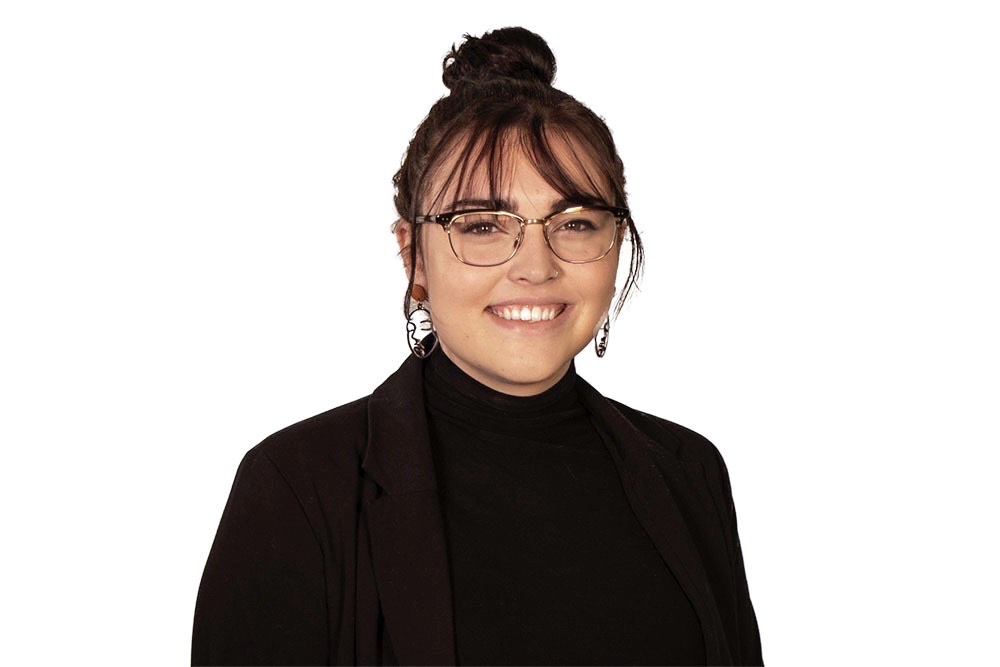Abolitionist Teaching Network supports education activists
Educators under fire for teaching and supporting 'critical race theory' are helped by the organization
Angela Harris is a first-grade teacher at Dr. Martin Luther King Jr. Elementary School, a public Black immersion school in Milwaukee, and one of the first six activists in residence for the Abolitionist Teaching Network (ATN).
Harris said her activism, which has included organizing rallies against Republican legislation banning critical race theory in schools and participating in Black Lives Matter demonstrations, has made her a target for emails and Facebook messages that accuse her of indoctrinating children.
Her involvement with the Abolitionist Teaching Network helps her feel safe, although it, too, has come under fire, especially after criticism from conservative outlets like Fox News and Influence Watch.

“Having an organization like ATN behind you makes you not scared to fight because despite what may end up happening, you have the support of that organization,” Harris said.
The Abolitionist Teaching Network, a nonprofit launched in July 2020 to advocate for educational equity, received 300 applications for its Activists in Residence (AIR) program that helps local education activists mobilize to improve education for children of color, based on the specific equity issues in their communities.
The first group of activists in residence, six educators from Massachusetts, Wisconsin, Georgia, and Ohio, was selected in July 2021.
“Public education isn’t built for Black and brown students and teachers,” Activists in Residence director Sarah Abdelaziz said. According to the National Center for Education Statistics, 79% of public school teachers are white.
EdBuild, a nonprofit focused on public school funding, discovered that school districts with predominantly students of color receive $23 million less in education funding than predominantly white school districts. The U.S. Education Department’s statistics say Black students are more likely to be suspended or expelled.
“We need to completely reimagine what this education system can look like,” Abdelaziz said. Legislation that censors how racial bias and inequality are taught in schools only worsen the divide. The ongoing debate against teaching social justice makes ATR’s work especially important.
Social justice is not an idea of having supremacy of one group over another,” Abdelaziz added. “It’s an idea of equity. It’s an idea that there is supremacy oftentimes of one group over the other, and so what can we do to alter that?”
The six activists in residence aren’t new to community organizing, but AIR’s support will help them in their efforts. Each will receive an annual payment of $30,000, made possible from donations from the Nellie Mae Foundation, the Charles and Lynn Schusterman Family Philanthropies, and individual donors.

In February, Wisconsin Gov. Tony Evers vetoed a bill that would have banned the teaching of critical race theory, but Harris predicts the issue will be revived by other lawmakers.
“It’s not going to stop, and that’s why I’m so thankful for organizations like Abolitionist Teaching Network because they are making a very hard and firm stance that they are in support of teaching the historically accurate truth,” Harris said.
Milwaukee Public Schools are predominantly made up of students of color, according to an MPS report. Many parents and guardians of children in Milwaukee Public Schools have experienced generational trauma in the public school system, Harris said, that prevents them from advocating for change.
“This really will end up manifesting itself in ways like parents not responding to phone calls or parents not showing up for parent-teacher conferences or not showing up for school events.”
Harris organized a six-week program that teaches caregivers how to advocate for their children’s needs in public schools, sponsored by ATN. She hopes to have 100 people complete the program by the end of her three-year term as an activist in residence.
Activists in Residence is still in its early stages, but Abdelaziz hopes to increase its reach by expanding the number of activists in residence across the country.
“Despite the fact that several (activists in residence) are full-time teachers and full-time caretakers of little ones, they have been beacons in their community,” they said.

Quinn Clark is a graduate student in the Medill School of Journalism’s investigative lab. Quinn was a freelance reporter and photographer in Milwaukee covering grassroots activism and local politics. You can follow her @Quinn_A_Clark.
TheGrio is now on your TV via Apple TV, Amazon Fire, Roku, and Android TV. Also, please download theGrio mobile apps today!


